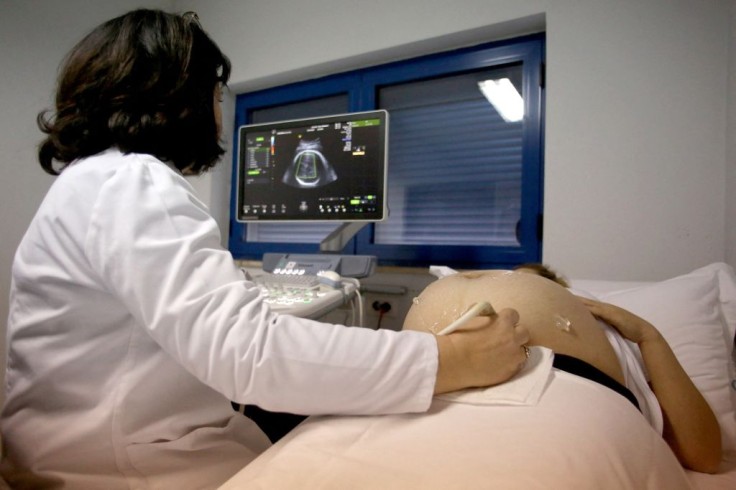
A recent study recommends that many young females diagnosed with breast cancer may still have the opportunity to conceive a child after their diagnosis, thanks to progress in breast cancer medication.
In a research involving roughly 200 females aged 40 and under, who had non-metastatic breast cancer and wished to have children, it was found that around three-quarters were able to obtain pregnancy post-diagnosis, with about two-thirds successfully delivered.
Possibility of Becoming Pregnant After Breast Cancer Diagnosis
The discovery, set to be presented at the 2024 ASCO Annual Conference in June, allows hope to the growing number of younger people facing breast cancer who aim to keep their fertility.
Dr. Julie R. Gralow, Chief Medical Officer of ASCO and a breast cancer specialist, highlighted that obtaining pregnancy post-diagnosis is not only possible but also secure.
However, only a minority of females in the research conveyed an inclination for gestation after their diagnosis, possibly mirroring worries about interfering with their lives at a young age.
Factors such as financial stability and the utilization of fertility preservation techniques, like egg freezing, were linked to increased chances of pregnancy. Additionally, age at diagnosis influenced the likelihood of conceiving, with younger patients having better outcomes.
Despite these promising findings, challenges remain in ensuring equitable access to fertility preservation services due to barriers such as financial constraints and limited resources.
The research also emphasized the significance of giving data about fertility safeguarding choices to all young females diagnosed with breast cancer before implementing medication.
While the study highlights the possibility of obtaining fertility goals after breast cancer, it's important to understand that triumph may not be worldwide.
Timely counseling and access to fertility safeguarding services are important in supporting a female's reproductive options after a breast cancer diagnosis.
Financially Secure Women Had Higher Likelihood of Becoming Pregnant
Dr. Julia Foldi, an assistant professor of medicine in hematology/oncology at the University of Pittsburgh School of Medicine, recommends that the hesitation among young females with a breast cancer diagnosis to seek pregnancy might stem from worries about disturbing their lives at such a young age.
The research discloses that females with greater financial security were more possibly to become pregnant, and approaches like fertility safeguarding, such as egg freezing, importantly hike the chances of having a baby. Additionally, older patients had lower odds of conceiving.
Dr. Gralow emphasized the importance of ensuring that all young women diagnosed with breast cancer are informed about options to enhance their chances of future pregnancy before starting treatment. She also highlighted the necessity of providing access to fertility preservation services, which can be financially burdensome.
Dr. Kimia Sorouri, a research fellow at the Dana-Farber Cancer Institute, pointed out the challenges of accessing fertility preservation due to various barriers.
Dr. Sigal Klipstein, from InVia Fertility Specialists in Chicago, emphasized the need for resources like insurance coverage for fertility preservation to ensure access to care for women yet to complete their reproductive plans.
The study found several factors not linked to fertility outcomes, such as infertility history, tumor characteristics, and race.
Dr. Gralow noted the significance of the study's data, particularly the high percentage of women who had received chemotherapy, which can affect fertility.
The average age at breast cancer diagnosis in the study was 32 years, and on average, it took four years post-diagnosis for women to conceive. Most participants were non-Hispanic white and had early-stage breast cancer.
Dr. Elizabeth Langen, from the University of Michigan Health System, emphasized the significance of early breast cancer screening for safeguarding future fertility goals.
The trend of younger females being diagnosed with breast cancer emphasizes the significance of guidelines recommending breast cancer screening starting at age 40.
While the study offers hope for women with breast cancer, Dr. Klipstein cautioned that not all women may achieve success in preserving fertility. Prompt counseling and access to fertility preservation options are crucial factors in realizing women's desired family plans.
Related Article: Hormone Replacement Therapy Could Help Prevent Depression in Menopausing Women, Study Says